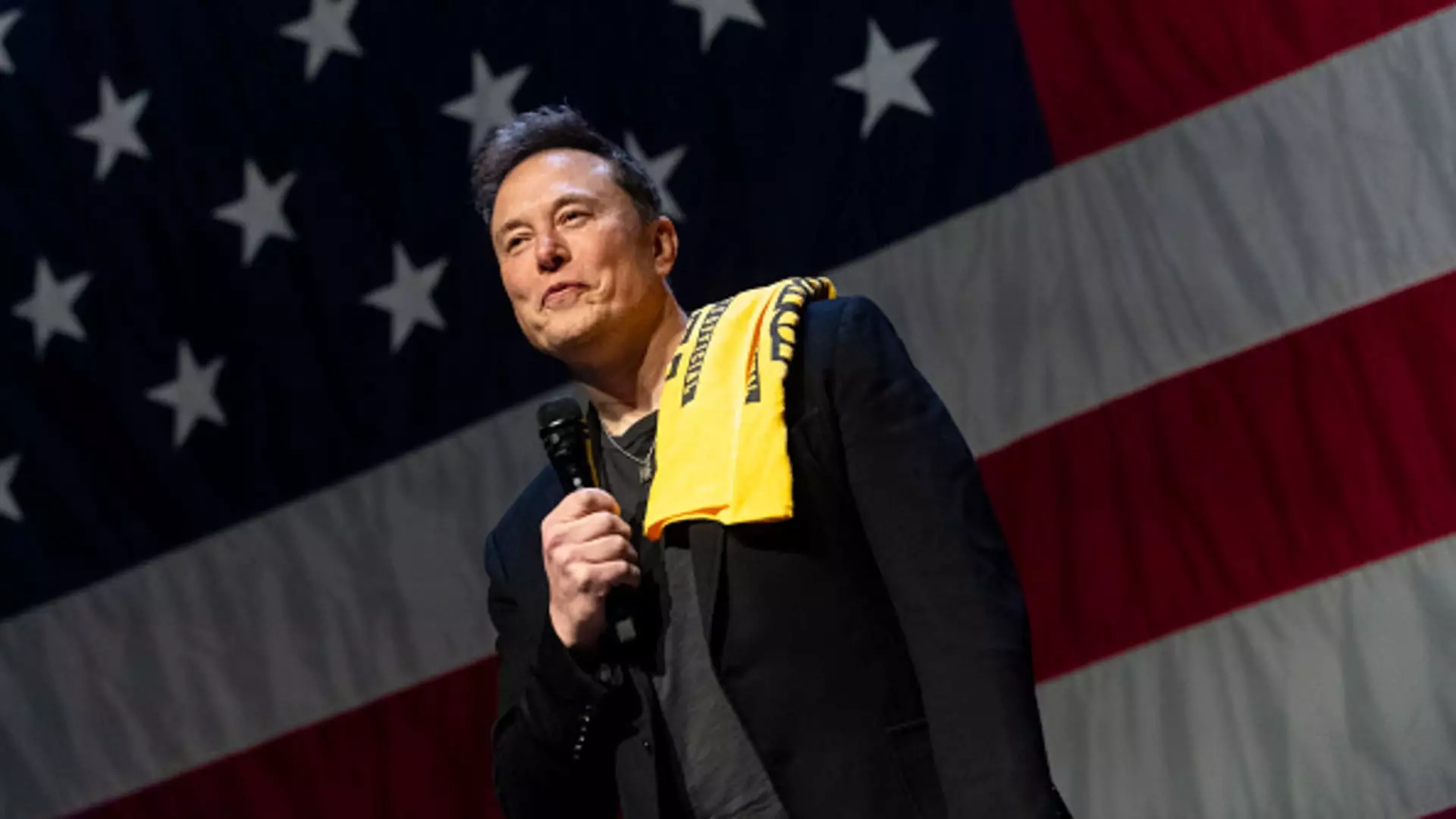The ongoing lawsuit involving the Philadelphia District Attorney’s Office and Elon Musk’s political action committee (PAC) has garnered significant attention, raising crucial questions about electoral integrity, state versus federal jurisdiction, and the ethics surrounding financial incentives in political participation. In this article, we will delve into the intricacies of this legal dispute while examining its broader ramifications for the political landscape.
The Philadelphia District Attorney, Larry Krasner, initiated a lawsuit aimed at halting the $1 million prizes being awarded by Musk’s America PAC to voters in critical swing states. This unusual initiative has drawn scrutiny and concern, particularly regarding its legality and potential implications for the electoral process. Krasner argues that these financial incentives essentially amount to an unregulated lottery aimed at manipulating voters ahead of a pivotal election, one which could see a face-off between incumbent Kamala Harris and former President Donald Trump.
On the legal front, this case exemplifies the complexities often encountered when political actions intersect with state and federal laws. Krasner filed the lawsuit in a Pennsylvania state court but, following a motion from Musk’s attorneys, the case was swiftly escalated to federal court—a move that has stirred additional controversy and calls for accountability.
One of the core arguments presented by Musk’s legal representation is the assertion that their PAC, being registered as a federal entity, is beyond the reach of state regulations. This assertion raises significant questions about the authority of state attorneys general and district attorneys in regulating political activities that operate on a national level. Krasner’s office contends that the PAC’s actions are a blatant attempt to interfere with a federal election—a claim that complicates the legal landscape even further.
The debate over jurisdiction underscores a recurring theme in American politics: the balance of power between state and federal authorities. Lawsuits like Krasner’s can act as a litmus test for the evolving dynamics of political governance and the legal frameworks that underpin them, especially as they pertain to election-related activities.
Krasner’s lawsuit posits that Musk and the America PAC are engaged in unethical practices by enticing citizens with cash prizes in exchange for personal information and political pledges. This strategy raises ethical concerns about coercion in the electoral process; financial incentives could skew the motivations of voters, potentially transforming civic engagement into a transactional endeavor.
Moreover, the backdrop of Musk’s open support for Donald Trump adds another layer of complexity. Critics argue that the wealthy entrepreneur’s actions could be viewed as an attempt to leverage his resources to sway public opinion, thereby violating the spirit of democratic engagement. The concern here is twofold: Are monetary incentives undermining the integrity of the electoral system? And how far can an individual or organization go in influencing voter behavior before crossing an ethical line?
In the digital age, the intertwining of social media and political discourse cannot be overlooked. Krasner’s legal team cited instances of antisemitic harassment directed at the DA from Musk’s social media followers, indicating a broader pattern of hostility often amplified by online platforms. This adds a layer of intimidation to the proceedings and raises the question of how public figures, particularly those with extensive online followings, are responsible for inciting, or at least allowing, hostile conduct in the political arena.
This dimension is critical, as it shifts the focus from a legal battle to a societal one, highlighting the responsibilities that come with influence. The question arises: Should Musk, as a high-profile individual, be held accountable for the actions of his followers, especially when those actions threaten the safety and well-being of political opponents?
As the lawsuit progresses in the courts, it presents an opportunity for more than just legal resolution; it may serve to redefine the parameters of acceptable political influence. The outcome of this case could set significant precedents for how financial incentives in political campaigns are regulated in the future. Ultimately, the intersection of law, ethics, and politics in this lawsuit underscores an urgent need for clarity and accountability—a necessity for ensuring that democratic processes remain fair and accessible for all voters.

